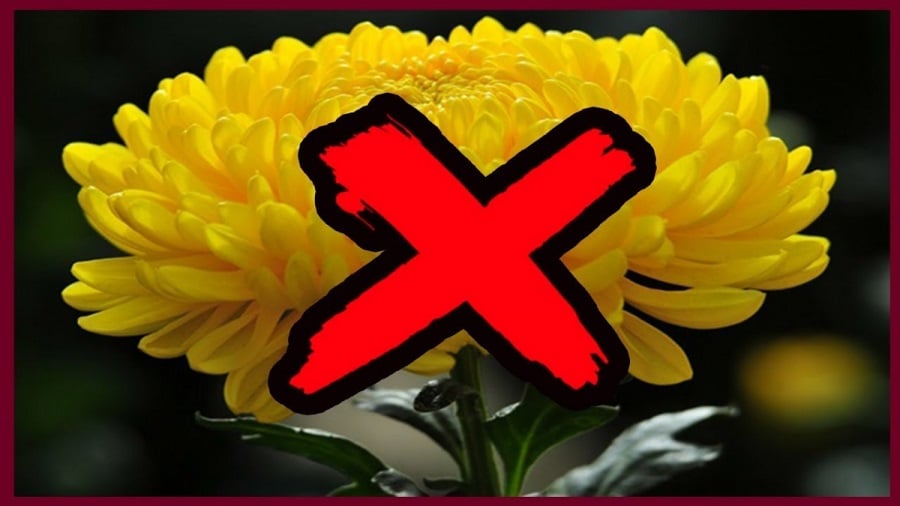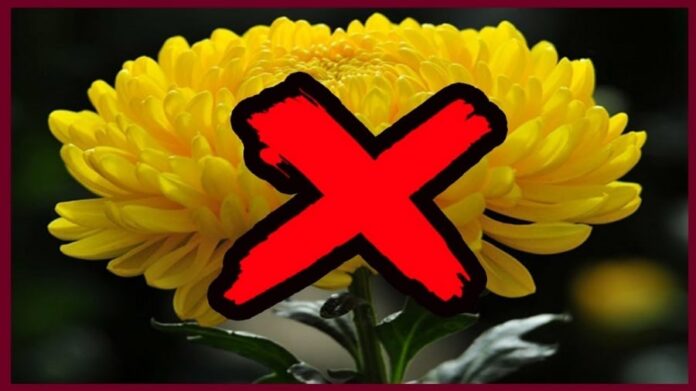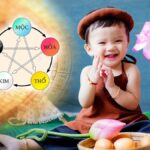Choosing the wrong type of flowers can not only diminish the positive meaning but also affect the family’s wealth and prosperity. Here are four types of flowers that should never be placed on the ancestral altar during the Tet holiday.
1. Artificial Flowers – Lacking Sincerity
While artificial flowers are durable and cost-effective, they do not bring vitality to the worship space. In the concept of feng shui, the altar needs freshness and dynamism, which artificial flowers fail to provide. Their presence on the altar may lead to a loss of luck and a weakened connection with ancestors and deities.
Note: Fresh, fragrant flowers are always preferable for the ancestral altar.
2. Thorny Flowers – Symbol of Discord
Flowers with thorns, such as roses, or similar species carry an unfavorable meaning in feng shui. Sharp thorns symbolize conflict, difficulty, and contradiction. Placing these flowers on the altar may bring disharmony to the family and affect their peace and prosperity.
Alternative: Opt for thornless roses, chrysanthemums, or lotuses, which symbolize purity and peace.
3. Dark-Colored Flowers – Emitting Negative Energy
Flowers with extremely dark colors like deep purple, black, or brown can create a gloomy and lifeless atmosphere. Placing such flowers on the altar during Tet may weigh down the worship space and impact the family’s luck.
Recommendation: Choose flowers with bright colors like red, yellow, and white, symbolizing good fortune and prosperity.

4 Types of Flowers to Avoid Placing on the Ancestral Altar During Tet
4. Flowers That Wilt Quickly – Emblem of Decay
Flowers that wilt quickly and shed their petals easily, such as the hibiscus or bauhinia, are not suitable for the ancestral altar. These flowers signify bad luck and represent instability and decay, which can impact the family’s wealth and health.
Suggestions: Opt for apricot or peach blossoms, characteristic of the Tet holiday, symbolizing financial and spiritual prosperity and robust health.
Selecting flowers for the ancestral altar involves more than just aesthetic considerations. It is essential to pay attention to the feng shui and spiritual implications. By avoiding the four types of flowers mentioned above, homeowners can ensure good fortune, prosperity, and peace for their families during the Tet holiday. Remember, sincerity and diligence in worship are the foundations for abundant blessings and smooth-flowing luck throughout the year.








































